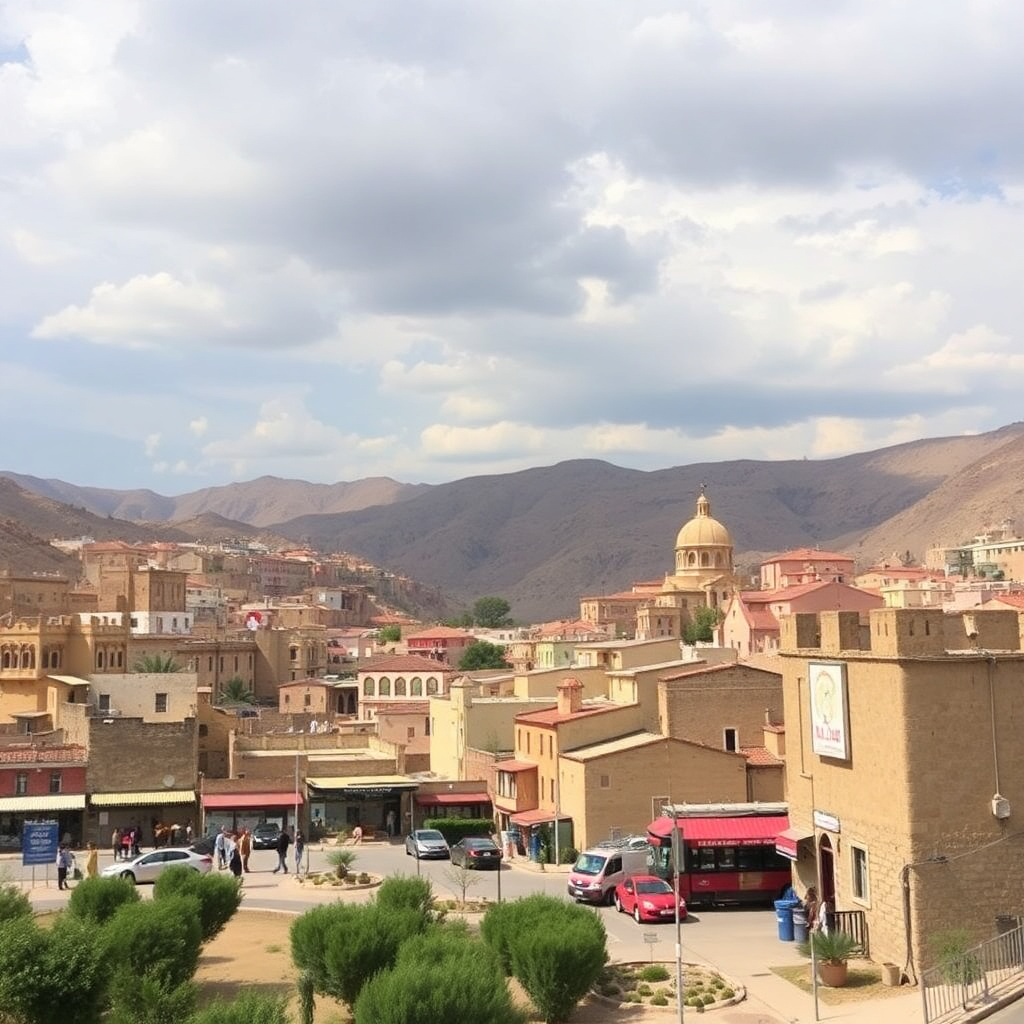What does the Bible say about the West Bank?
The territory includes cities and areas that are paramount to the history of the Israelites, such as Bethlehem, Hebron, and Jericho.
The West Bank, a region of profound historical significance, is often mentioned in the context of biblical narratives. Its geographical location and the events that transpired in this area have made it a focal point in the study of the Scriptures, providing insights into ancient civilizations, religious practices, and the foundational stories of the Israelites. Understanding what the Bible says about the West Bank requires examining its historical references and the regions known today as significant biblical sites.
Historical Significance in the Scriptures
The West Bank is closely associated with several key biblical figures and events. The territory includes cities and areas that are paramount to the history of the Israelites, such as Bethlehem, Hebron, and Jericho. For instance, Bethlehem is recognized as the birthplace of King David and, later, Jesus Christ, making it a central location in both Old and New Testament narratives. Similarly, Hebron is noted as the burial site of the patriarch Abraham and his family, underscoring its religious importance to Judaism, Christianity, and Islam.
Many of the significant events described in the Bible took place in areas that are now part of the West Bank. The book of Joshua recounts the Israelites' conquest of Canaan, depicting how they entered the Promised Land after their exodus from Egypt. This conquest included the cities of Jericho and Ai, which are located within the boundaries of the modern-day West Bank. The biblical narrative portrays these events as essential in establishing the Israelites' identity and their relationship with God in the land.

The Promised Land and Divine Covenant
The theological implications of the West Bank are profound, as it is often referred to in the context of the Promised Land—a land designated by God for the descendants of Abraham, Isaac, and Jacob. This covenantal promise is a recurring theme in the Bible and serves as the foundation for the Israelites’ identity and divine calling. The land is described in the Scriptures as one "flowing with milk and honey," signifying prosperity and divine favor.
The connection between the people of Israel and the land is not just historical but also deeply spiritual. Throughout the biblical text, the relationship with the land is intertwined with obedience to God's commandments. In Deuteronomy, for example, blessings and curses are tied to the Israelites' faithfulness and their possession of the land. This connection has shaped Jewish thought and theology throughout history and continues to resonate in contemporary discussions about the region.
Modern Implications and Ongoing Conflict
In modern times, the West Bank has become a flashpoint for conflict, particularly between Israelis and Palestinians. The land's biblical significance raises questions about sovereignty, ownership, and the rights of various groups inhabiting it today. The ongoing Israeli-Palestinian conflict has deep roots in these historical and religious narratives, as both sides invoke biblical claims to the land to support their positions.
The contemporary implications of these biblical references are complex, as they influence political discourses and personal identities. Many Jewish people view the West Bank (which they often refer to as Judea and Samaria) as an integral part of their historical homeland, while Palestinians identify it as a central component of their aspirations for statehood.
Conclusion: A Land Rich in History and Faith
While the modern political landscape complicates the dialogue surrounding the West Bank, its roots in scripture offer a rich tapestry of history and faith that continues to resonate today.